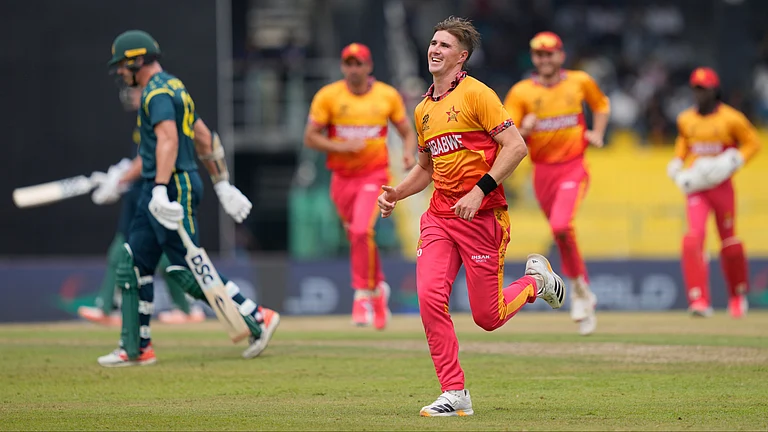The Delhi High Court Tuesday dismissed a petition challenging the election of Union minister Meenakshi Lekhi to the Lok Sabha from the New Delhi seat over alleged discrepancies in submitting poll expenditure, saying the plea lacked material facts to sustain the accusation of corrupt electoral practices.
The high court said the lack of specific details regarding expenses incurred on various election-related activities undermines the credibility of the accusations.
“Thus, the court is of the opinion that the petitioner has failed to plead any material fact qua a corrupt election practice… which could plausibly aid his case for annulment of respondent’s election,” Justice Sanjeev Narula said.
The high court said, “Upon a comprehensive scrutiny, the court finds that the present election petition fundamentally lacks ‘material facts’, which are essential to confer it with a cause of action. Sans any underpinning material, the petitioner’s broad averments are insufficient to sustain the allegations of electoral corrupt practices.”
The high court dismissed the election petition filed by Ramesh, who had contested as an independent candidate in the 2019 general election for the New Delhi parliamentary constituency against Lekhi. BJP's Lekhi, the Union Minister of State for Culture, had defeated her nearest Congress rival Ajay Maken by over 2.50 lakh votes.
The petitioner, while challenging Lekhi's election, alleged there were discrepancies in her poll expenditure and she engaged in corrupt electoral practices.
The high court said it is not enough to make vague allegations and the petitioner must delve into details.
“This includes, but is not limited to, specifics of the alleged corrupt practices, individuals involved, and the timings and locations of such acts,” it said.
The court said the petition is replete with allegations of corrupt electoral practices but lacks the requisite material facts and specific details.
“The petitioner argues that the respondent (Lekhi) exceeded the permissible election expenditure limit of Rs 70 lakhs, but the basis for this claim remains vague. Throughout the petition, the central contention seems to be that the respondent understated the expenses related to election activities in the official register. However, there is a conspicuous absence of specific details highlighting the discrepancies between the declared amounts and the alleged actual expenditures,” the high court said.
It also said the affidavit accompanying the petition deviates from the prescribed format, and given the quasi-criminal nature of allegations concerning electoral malpractices, it is paramount that these assertions are treated with the gravity they deserve.
“Procedural stipulations, like the mandatory affidavit, are in place to ensure that the petitioners acknowledge the gravity of their claims. In the current case, the affidavit vaguely alludes to the statements made about corrupt practices, without explicitly delineating which ones are based on the petitioner’s direct knowledge,” it said.
While presenting her case, Lekhi had raised the issue of limitation, saying the petition was filed after the expiry of the statutory timeframe of 45 days from the date of declaration of the result. The high court rejected Lekhi's objection.
-With PTI Input


























